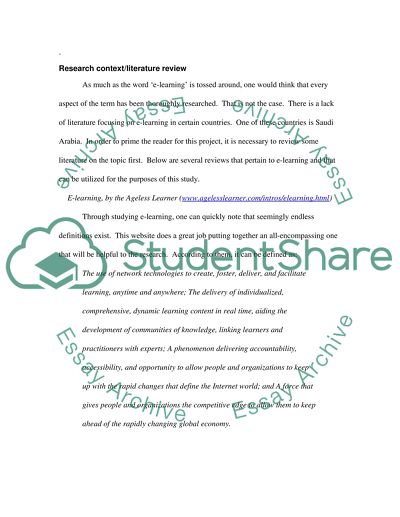Cite this document
(To What Extent Do Saudi Universities Implement E-learning Research Proposal, n.d.)
To What Extent Do Saudi Universities Implement E-learning Research Proposal. Retrieved from https://studentshare.org/education/1519995-search-proposal-6-pages-only
To What Extent Do Saudi Universities Implement E-learning Research Proposal. Retrieved from https://studentshare.org/education/1519995-search-proposal-6-pages-only
(To What Extent Do Saudi Universities Implement E-Learning Research Proposal)
To What Extent Do Saudi Universities Implement E-Learning Research Proposal. https://studentshare.org/education/1519995-search-proposal-6-pages-only.
To What Extent Do Saudi Universities Implement E-Learning Research Proposal. https://studentshare.org/education/1519995-search-proposal-6-pages-only.
“To What Extent Do Saudi Universities Implement E-Learning Research Proposal”, n.d. https://studentshare.org/education/1519995-search-proposal-6-pages-only.


